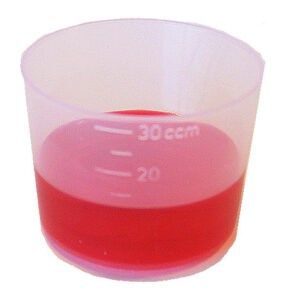I Have An Ignition Interlock – And Asthma! Can I Still Drive?

Using an ignition interlock device while driving is easy, once you’re used to it – all you need to do is breathe!
But what if you’re having trouble breathing?
A bad cold, asthma, or other respiratory condition can impede the flow of air from your lungs, making it hard to get a good breath sample. However, it’s usually possible to get rolling again. If you’re suffering from a bad cold, try blowing a bit harder into the device. That will deliver more air and get the test over a bit faster. Ignition interlocks are designed to give users a certain amount of leeway to account for differences in the way people breathe.
Asthma is a more serious condition, and those with asthma, emphysema or COPD and an ignition interlock face more severe breathing difficulties. In some cases, it’s possible to have your interlock device adjusted so that it’s more sensitive to a weaker stream of air. To find out if such an adjustment is possible, you must check with your DMV, probation officer, or the interlock provider. It would be best to start with an attorney, if you have one.

One source of ignition interlock problems for people with respiratory issues is not the breathing itself, but the medications used in treating the condition. In particular, some asthma inhalers contain ethanol, which is the type of alcohol found in vodka, beer and, in fact, all alcoholic beverages. The effect tends to dissipate in ten minutes or so, but taking a breath test right after using an inhaler might well result in a fail.
Another false friend for interlock users is, of all things, the menthol cough drop. Menthol is, believe it or not, an alcohol. It’s not ethanol, but menthol (really L-menthol) has the right combination of hydrogen and carbon atoms to classify as an alcohol, and the makeup is close enough to fool an ignition interlock or breathalyzer on occasion. So lay off the Altoids if you need to drive.
Finally, some cough and cold remedies (such as Nyquil) can contain 25% alcohol. So not only would the alcohol register from a residual amount in your mouth, but there could be enough in your bloodstream to register (and affect your driving) as well. For this reason, makers of cough suppressants and nighttime cold remedies warn against driving for anyone.
Having asthma or COPD and an ignition interlock does not necessarily the kibosh on your driving, but the condition will require you to be more careful, and in some cases, to consult with authorities to make sure that you are able to drive safely and legally.
